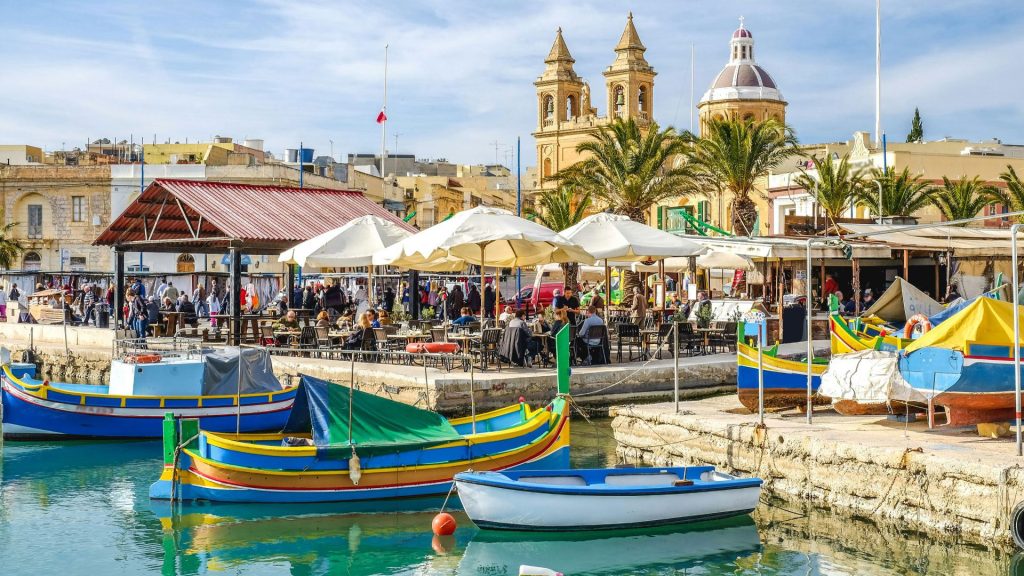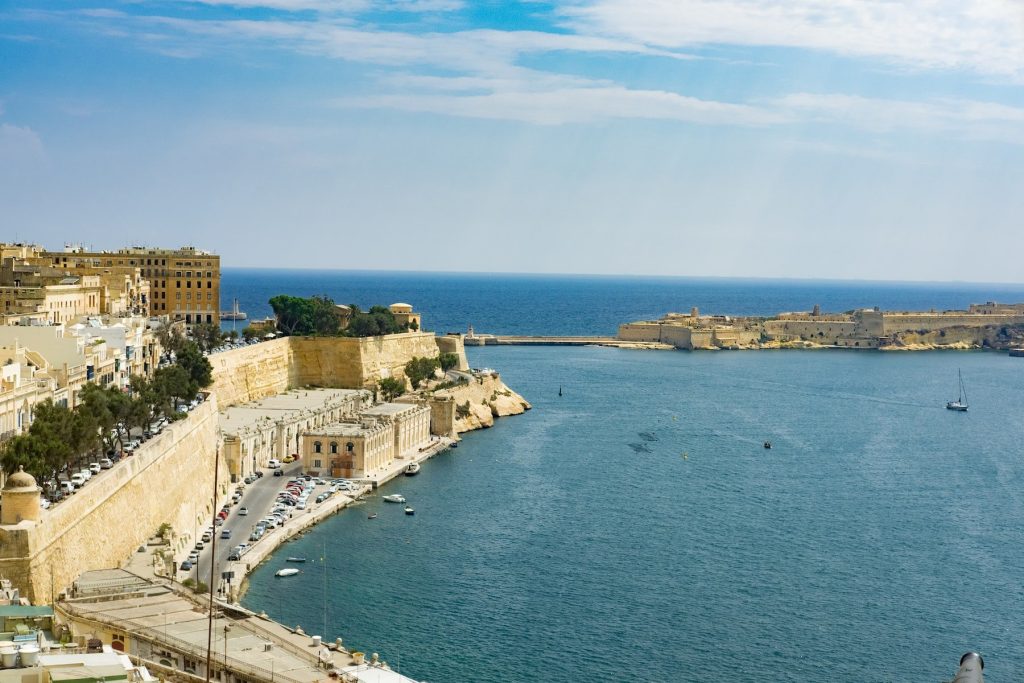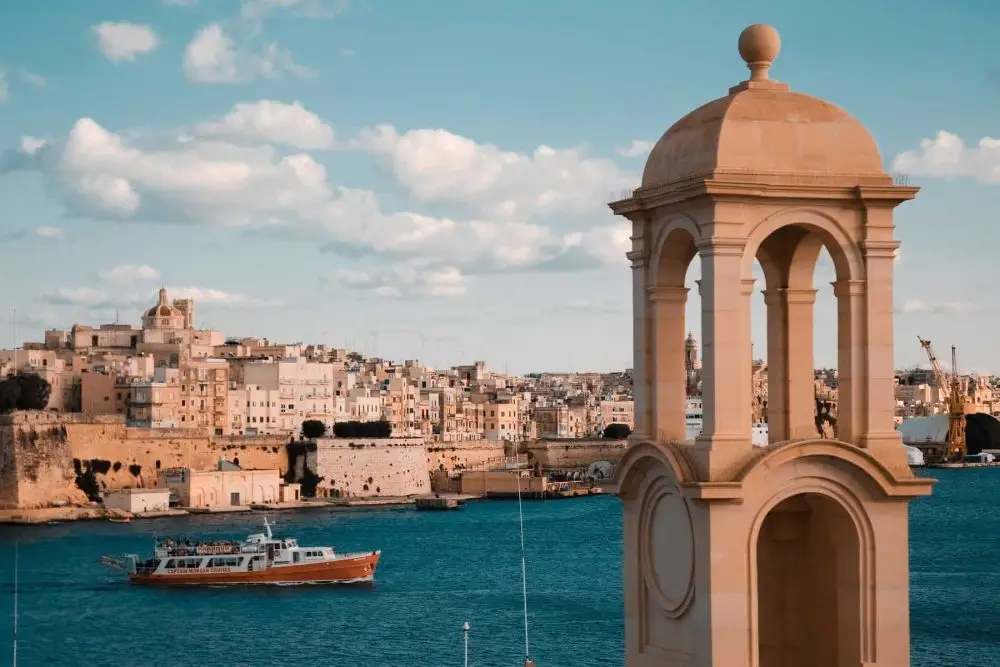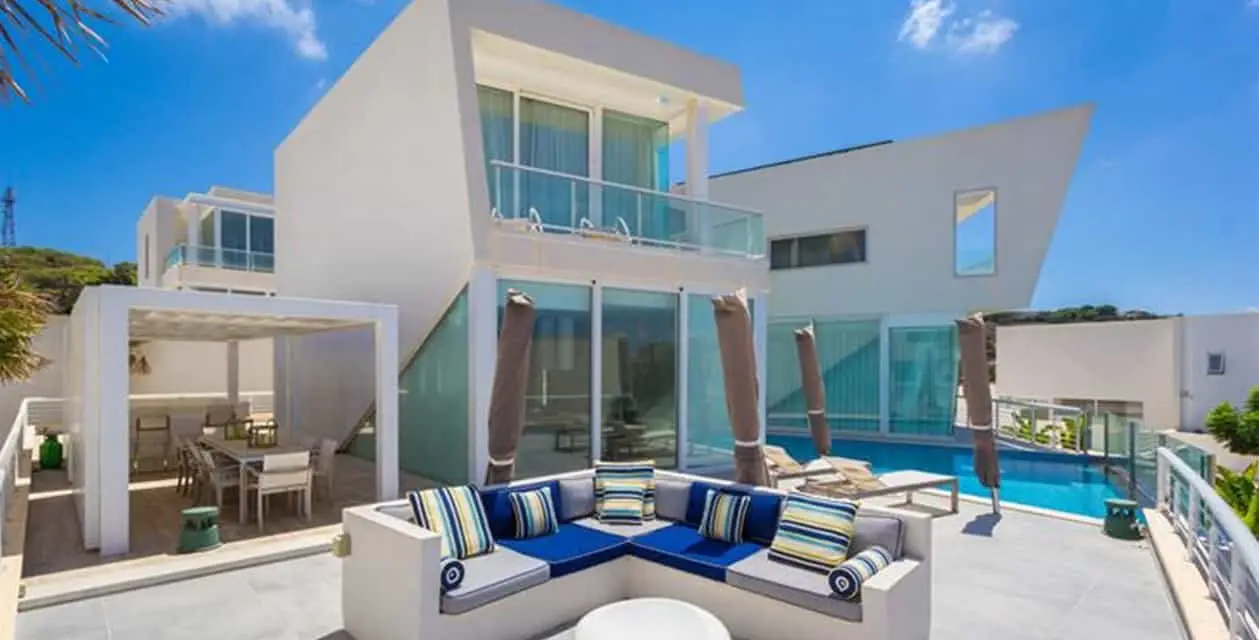The Malta Golden Visa is one of the most popular investment programmes in Europe. It allows investors and their families to obtain a residence permit in the state with the possibility of further citizenship. The peninsula offers a wide range of benefits, including access to EU countries, a favourable tax system and a high quality of life. Before applying, it is important to understand the intricacies of the process, the benefits of the programme and the main conditions.

Malta Golden Visa: programme features
The programme is designed to attract foreign investors interested in the development of the country’s economy. It is aimed at wealthy people who are ready to make solid investments in real estate, state funds or the economy.
Features:
- Property investment. Purchase of a home worth at least 270,000 euros in less developed areas or from 320,000 euros in popular locations.
- Contributions to government funds. Donations of 650,000 euros or more to the National Fund for Development and Social Policy.
- Rental Programmes. Possibility to rent a home from 10,000 euros per year with a long-term contract.
- Family Benefits. You can include spouses, children, and parents on the application.
- Visa-free travel. Access to 27 Schengen countries without a visa.
Advantages of a Malta gold visa
 The solution offers investors unique access to a European standard of living, combining economic benefits with ample opportunities for personal and professional growth. This instrument is especially sought after by those seeking security, stability and convenient access to international markets.
The solution offers investors unique access to a European standard of living, combining economic benefits with ample opportunities for personal and professional growth. This instrument is especially sought after by those seeking security, stability and convenient access to international markets.
Free movement in Europe
The Malta Golden Visa opens the door to 27 Schengen countries, allowing holders to travel freely without the need for visas. This is particularly important for business people and entrepreneurs who frequently visit European countries for meetings, conferences or deals.
High level of security
The peninsula is known as one of the safest countries in Europe. The crime rate is extremely low and the government actively maintains order. The authorities pay special attention to the protection of residents and foreigners, providing a safe environment for living, working and recreation.
A stable political environment and effective law enforcement create ideal conditions for those seeking peace of mind and confidence in the future. For families with children, this is especially important, as safety becomes one of the key factors when choosing a country to live in.
Quality medicine
The country’s medical system meets the highest EU standards and is regularly ranked highly by the World Health Organisation. Malta offers a wide range of both public and private medical centres with state-of-the-art equipment and the latest medical advances.
The following options are available to Malta Gold Visa holders:
- Direct access to the European health care system.
- Treatment by qualified specialists on the peninsula and in other EU countries.
- Health insurance that includes coverage for complex surgeries and long-term care.
High quality education
The country’s educational system is orientated towards international standards, which makes it particularly attractive for families with children. The opportunity to study at prestigious schools and universities in Europe is one of the main advantages of Malta’s golden visa.
There are both private and public educational institutions on the peninsula, many of which offer education in English. Doors to leading EU universities are open to young people, making it easy to study in countries with high academic standards.
Tax benefits
Malta offers favourable tax conditions for residents, making it attractive to wealthy investors and business owners. Key advantages include:
- No tax on global income. Taxation applies only to profits earned domestically.
- Double taxation treaties. The state has signed agreements with more than 70 countries, including Russia, which allows it to avoid double taxation.
- Tax incentives for family assets. Business owners can manage their funds efficiently, minimising commission costs.
Malta gold visa process
The programme involves several stages of clearance. Each of them requires careful preparation of documents, fulfilment of financial obligations and compliance with legal regulations.
Design Stages:
- Advance counselling. At this stage, it is important to explore all available investment options and choose the most appropriate one.
- Submission of Application. The applicant provides personal data, passport, proof of income and source of funds.
- Investments. Fulfilling commitments to invest in real estate, leases or government programmes.
- Legal Verification. All documents are audited to ensure compliance with programme requirements.
- Obtaining a visa. After successful completion of all procedures, the applicant receives a residence permit.
The Malta gold visa process can take between 6 and 12 months, depending on the options selected and the speed at which the conditions are met.
Residence permit and citizenship of Malta
Obtaining residence in Malta through a golden visa opens up the possibility of citizenship in 1-3 years. This is a long-term goal for most investors.
Terms and Conditions:

- Residency for at least 12 months during the first year.
- Continued fulfilment of investment commitments.
- Demonstration of community integration, including minimal English language skills.
Conclusion
 The Malta Golden Visa Programme is a unique opportunity for investors seeking to secure their future in Europe. The state offers not only a high standard of living, but also a strategically advantageous location in the centre of the Mediterranean. Investing in property or government funds opens access to numerous benefits, from visa-free travel to citizenship.
The Malta Golden Visa Programme is a unique opportunity for investors seeking to secure their future in Europe. The state offers not only a high standard of living, but also a strategically advantageous location in the centre of the Mediterranean. Investing in property or government funds opens access to numerous benefits, from visa-free travel to citizenship.
 en
en  ru
ru  de
de  ar
ar  es
es  hi
hi  fr
fr  nl
nl  it
it  pt
pt  el
el 



